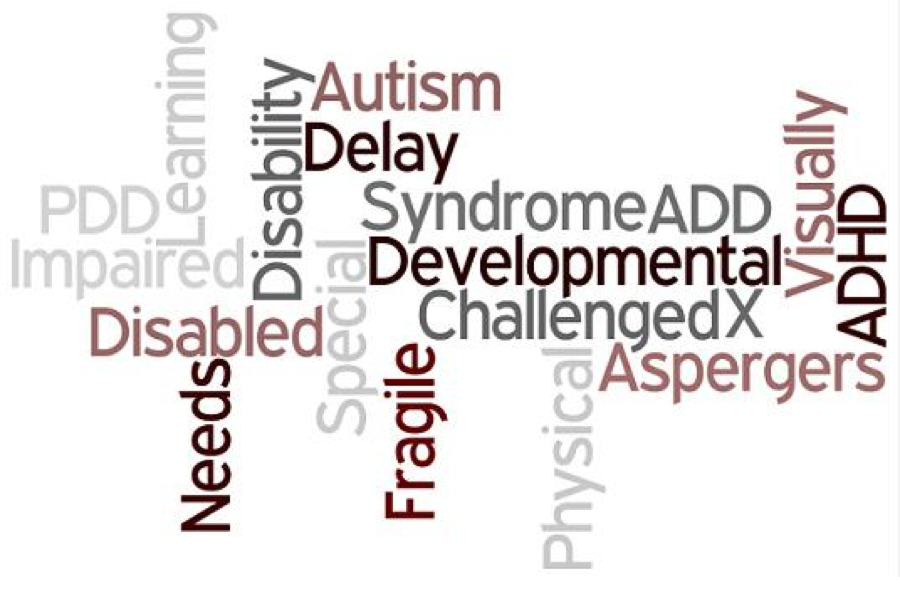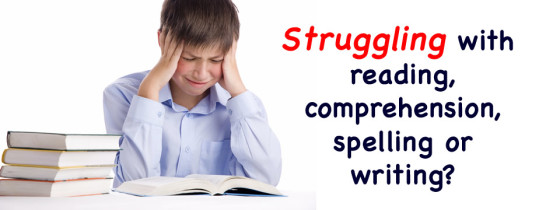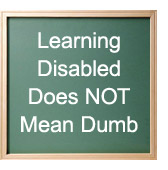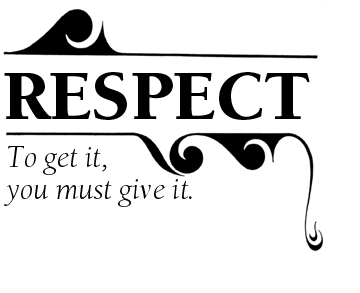Does Your Child Have a Learning Disability?

The following is a guest post from Crispin Jones. Crispin is a retired gentleman and lives in southwest England. He has three children, the youngest of whom is autistic. In addition to parenting his autistic son he volunteers at the local autistic home – an autistic care home for adults, where autistic adults get the love, care and attention they need.
Learning disabilities can affect your child’s ability to use and understand both written and spoken language, focus their attention, do mathematics or move in a coordinated fashion. Most learning disabilities are complex in nature, with multiple systems showing a deficit. It’s not known exactly how many children have learning disabilities, but it’s estimated to be about 5% of school-age children in the US. These disabilities can either be inherited or acquired, and they can come from drug use during pregnancy, maternal illness, birth complications, prematurity, and a host of other issues. Below, you will learn more about spotting a learning disability in your child, and how to seek appropriate treatment.
Signs and Symptoms
A child with a learning disability usually has average intelligence, but learning disability can occur in lower-functioning children as well. Most disabilities appear at a very early age, but milder cases usually aren’t diagnosed until a child reaches school age. Younger kids can have trouble learning the alphabet, counting, and naming letters or colors. They are often limited in speech, language and vocabulary, and a learning disabled child often has poor organizational skills.
Some learning disabled children have difficulty in following social norms; they find it hard to share or take turns, or to stay out of someone’s personal space. The above difficulties are also signs of mild autism-related disorders. A shortened attention span, motor problems and restlessness are also signs of a learning disability, as are impulse control issues, hyperactivity, aggressiveness and fear. In many cases, learning disabilities and ADHD go hand in hand.

Diagnosing a Learning Disability
A child with a learning disability is typically diagnosed when their academic performance falls short of their potential. Extensive evaluations are needed to determine a child’s level of deficiency in cognition and skill, and tests are also needed in order to plan treatment and monitor progress. Cognitive evaluations include intelligence testing, usually done at school. There are also ways to find a child’s preferred method to process information, and in cases of central nervous system disorders, neuropsychologic assessment may be required.
Behavioral assessments done by teachers are also critical; and reading evaluations can measure a child’s ability to recognize and decode words. Teachers should also get samples of a child’s writing in order to evaluate syntax, spelling and fluency in language. Mathematical assessments can measure a child’s computation skills, as well as their understanding of operations and concepts.
Treatment Methods
Most treatments for learning disabilities focus on the educational segment, but can involve psychological, medical and behavioral therapies as well. A good teaching program can take a strategic, compensatory or remedial approach—but instructional methods mismatched to the disability can make matters worse. Some kids need help in just one area while they attend mainstream classes, and others need more intense therapy. By US law, children with learning disabilities are required to participate in regular instruction as much as possible. There are some therapies, such as the elimination of certain food additives, large doses of vitamins, sensory therapy and various drugs (such as methylphenidate), that are anecdotally supported but remain unproven.
Crispin Jones also writes for Voyage Holdings about issues related to autism, supported care and supported living. Please give Crispin your feedback using the Stars and Thumbs below. Thank you.







